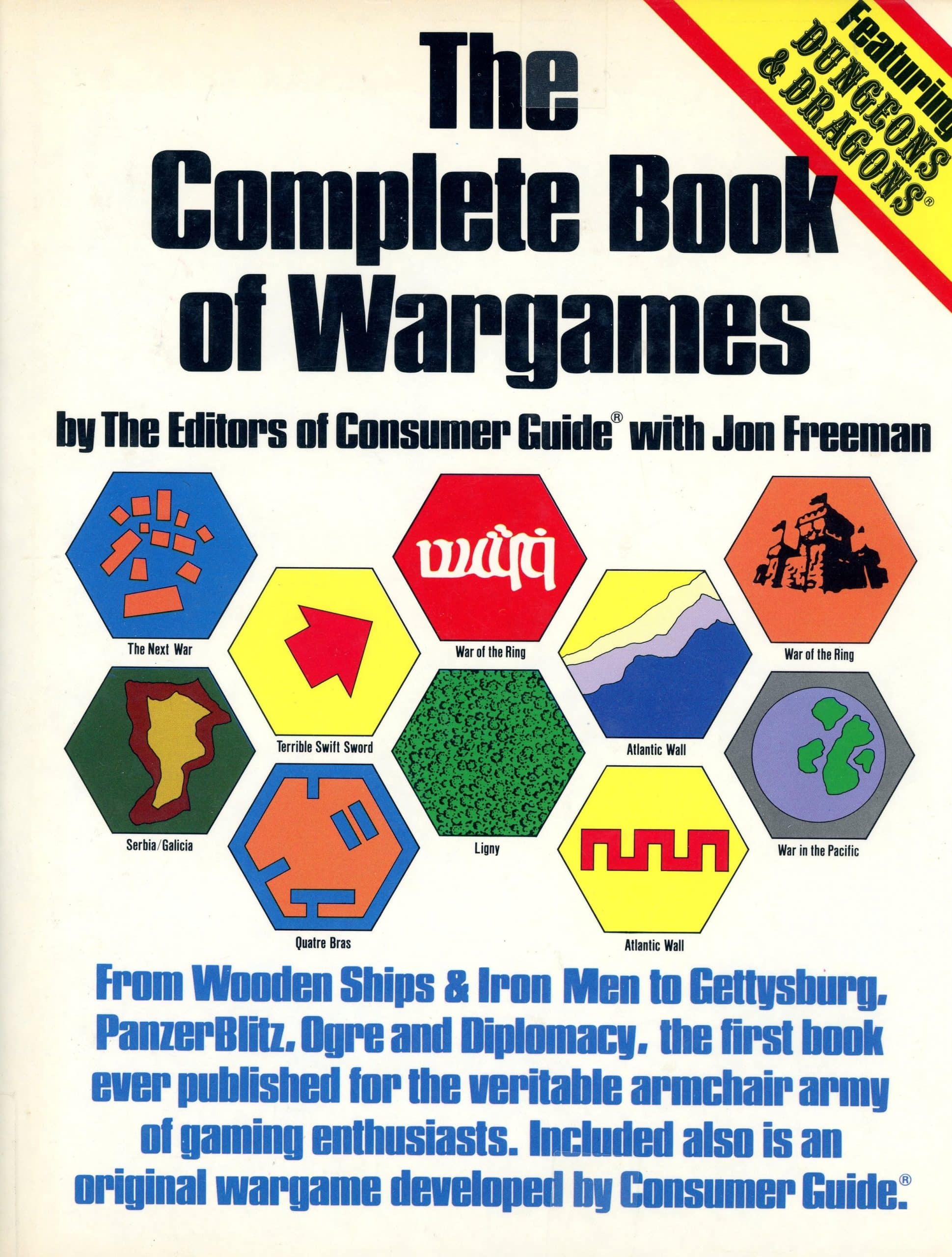Today, electronic games are being integrated into our lives in ways that often have nothing to do with a video screen. In previous blogs CHEGheads noted that fantasy football might be considered an electronic game and Der Gute Fabrik’s brilliant Johan Sebastian Joust is undoubtedly an electronic game, even if it doesn’t have a video screen. With players’ and game designers’ increased interest in gamification and augmented reality games (ARGs) video gaming will increasingly expand beyond play on screens.
Consider exercise. Many runners track times, chart new routes, and stay motivated by using apps like RunKeeper. Programs like ZombiesRun! juice joggers’ workouts by turning a boring, routine run into a thrilling escape from the undead. ZombiesRun! is an electronic game, but once you’re sprinting from the crazed pack of zombies you’re interacting through your ears and your imagination, not a video screen. Similarly, geocaching, one of the most popular electronic games of recent years, succeeded in introducing millions of people to places they may never have discovered otherwise. Rather than a player interacting with game on a screen, geocaching requires him to get outdoors.
These developments are not totally new. The Brian Sutton-Smith Library and Archives of Play at The Strong has a book from 1980 entitled The Complete Book of Wargames. The editors of Consumer Guide and Jon Freeman wrote the book at the cusp of the computer game revolution, and in forecasting trends they predicted not only that people would play wargames on home computers, but that “technology may impinge on wargaming in quite different ways. The U.S. Army has used low-powered lasers and “computerized” reflector vests to play life-size wargames, and a Los Angeles firm is trying to turn this concept into a gaming arena for the ultimate Sniper!” Four years later, Photon introduced Laser Tag to the general public in Dallas, Texas, and launched the augmented reality games market.
Video screens will likely remain our primary medium for gaming (as evidenced by the hype over the release of the PS4 and Xbox 360), but we do, after all, have five senses. I have no doubt that people will create more and more electronic games that take advantage of these ways of interacting with the world to create meaningful play experiences that go far beyond the flat screen in front of us.
By Jon-Paul Dyson, Director, International Center for the History of Electronic Games and Vice President for Exhibits
 Hours 10 a.m.–5 p.m. | Fri. & Sat. till 8 p.m.
Hours 10 a.m.–5 p.m. | Fri. & Sat. till 8 p.m.
